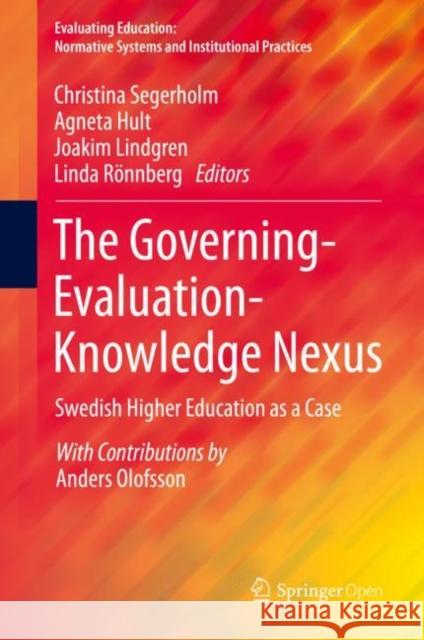The Governing-Evaluation-Knowledge Nexus: Swedish Higher Education as a Case » książka
topmenu
The Governing-Evaluation-Knowledge Nexus: Swedish Higher Education as a Case
ISBN-13: 9783030211424 / Angielski / Twarda / 2019 / 208 str.
The Governing-Evaluation-Knowledge Nexus: Swedish Higher Education as a Case
ISBN-13: 9783030211424 / Angielski / Twarda / 2019 / 208 str.
cena 201,24
(netto: 191,66 VAT: 5%)
Najniższa cena z 30 dni: 192,74
(netto: 191,66 VAT: 5%)
Najniższa cena z 30 dni: 192,74
Termin realizacji zamówienia:
ok. 16-18 dni roboczych.
ok. 16-18 dni roboczych.
Darmowa dostawa!
Kategorie:
Kategorie BISAC:
Wydawca:
Springer
Seria wydawnicza:
Język:
Angielski
ISBN-13:
9783030211424
Rok wydania:
2019
Wydanie:
2019
Numer serii:
000782888
Ilość stron:
208
Waga:
0.50 kg
Wymiary:
23.39 x 15.6 x 1.42
Oprawa:
Twarda
Wolumenów:
01
Dodatkowe informacje:
Wydanie ilustrowane











